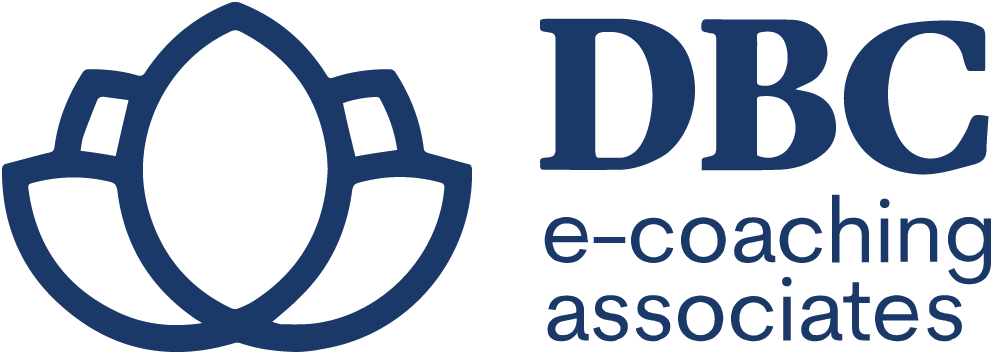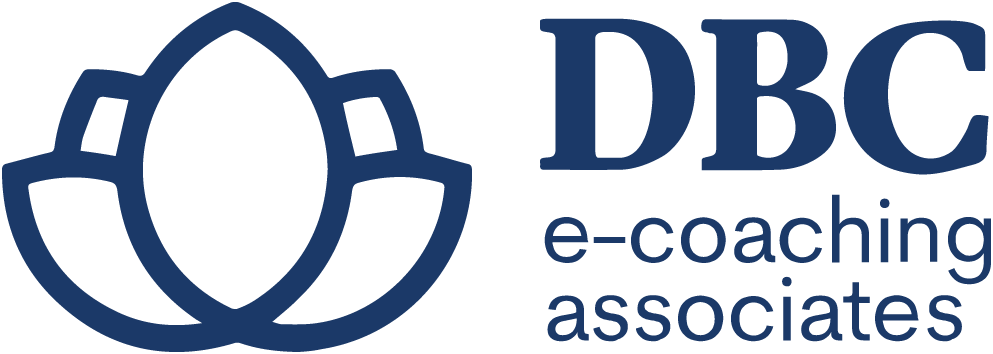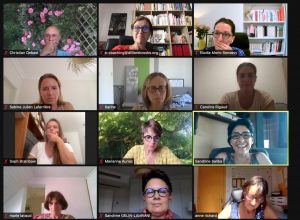
For the past several months, the humanitarian sector has been in deep turbulence. The aftermath of Donald Trump’s election and the massive budget cuts announced by the United States — one of the world’s main humanitarian donors — is shaking the entire ecosystem. Programs suspended, restructurings, job cuts, interrupted missions… and above all, a heavy cloud of uncertainty for thousands of committed professionals.
🔻 Across the sector, workforce reductions are now estimated between 20% and 30%, depending on the organization.
🎯 For more than 15 years, I’ve had the privilege of supporting these agents of change — within organizations such as UNICEF, the French Red Cross, ICRC, Action Against Hunger, Médecins du Monde, Solidarités International, and many others. Today more than ever, I feel the urgency not only to offer support, but also to offer perspective.
Because behind every organizational restructuring, it’s real people who are shaken:
🔹 Field experts wondering whether their missions will still exist tomorrow
🔹 Project coordinators, logisticians, HR professionals, health specialists — now forced to consider new professional chapters
🔹 Calling disrupted, identities in transition
💡Here are 4 key insights I often share with my clients in times of major career shifts :
1️⃣ Stay rooted in purpose
There’s a reason you chose humanitarian work. Purpose, values alignment, contribution — these must remain your compass, even if the sector or format evolves.
2️⃣ Revisit your professional identity
Shifting from Médecins du Monde to a private company? It’s possible. But it requires reflecting on your identity — what matters to you, what can be transferred, and what needs to evolve. Clarity takes time. Sometimes coaching or mentorship helps. The goal? Define a professional identity that feels valid, aligned with who you are, and motivating for the future.
3️⃣ Recognize the value of your transferable skills
Crisis management, uncertainty navigation, multicultural coordination, decision-making in unstable environments, matrix leadership, self-discipline, agility — these are rare and valuable strengths. Naming, recognizing, and showcasing these competencies is key. Take time to identify your skillset — hard skills, soft skills, talents — and learn how to repurpose them for new sectors.
4️⃣ Shift from reactivity to proactivity
In humanitarian work, opportunities often came to you — you jumped from one mission to the next. Now, it’s time to lead your own transition: network, reflect, position yourself, and capitalize on your experience. Proactivity is a new posture — not always comfortable, but essential to building what’s next.
🌍 The humanitarian world is experiencing a true earthquake.
But I firmly believe that from this instability, new opportunities can emerge — grounded in meaning, aligned with values, and sometimes even surprising.
➡️ What do you observe in your environment? What levers do you see to help the sector evolve and move forward?
#HumanitarianCareers #ProfessionalTransition #CareerCoaching #HumanitarianSector #UNICEF #MédecinsDuMonde #RedCross #ActionAgainstHunger #SolidaritésInternational #LeadershipInCrisis #TransferableSkills #PurposeDrivenWork #HumanitarianProfessionals



